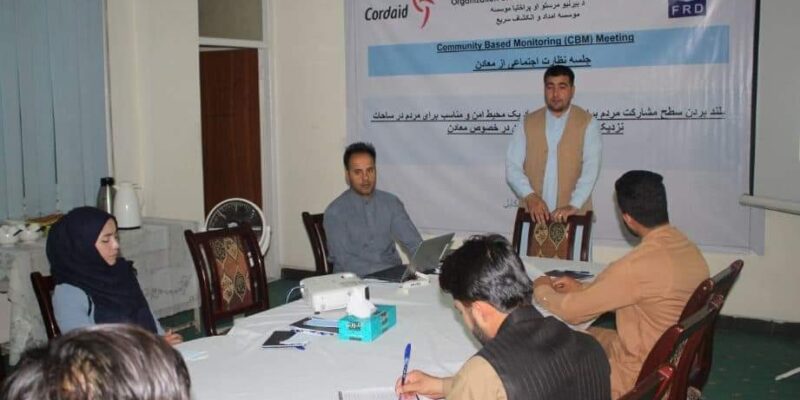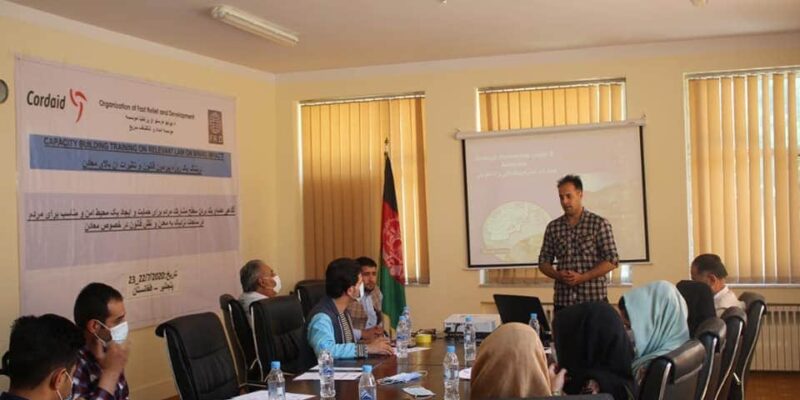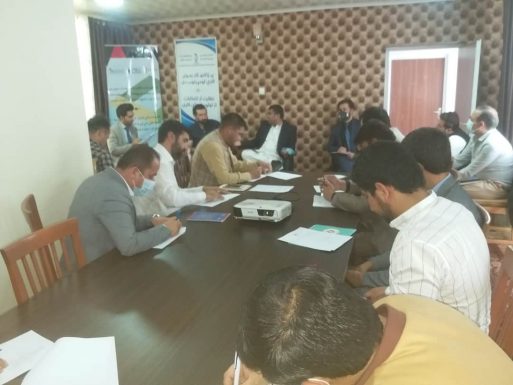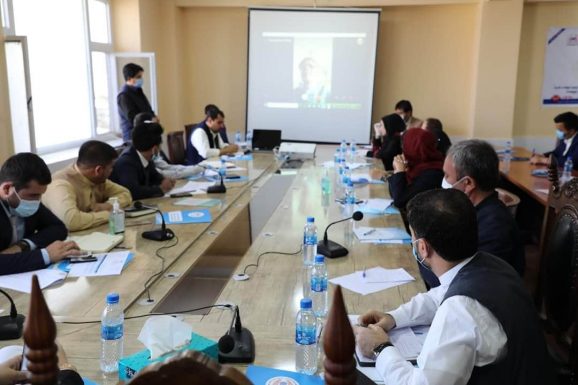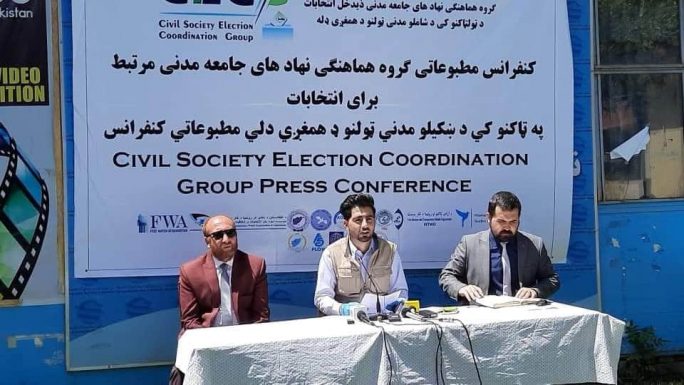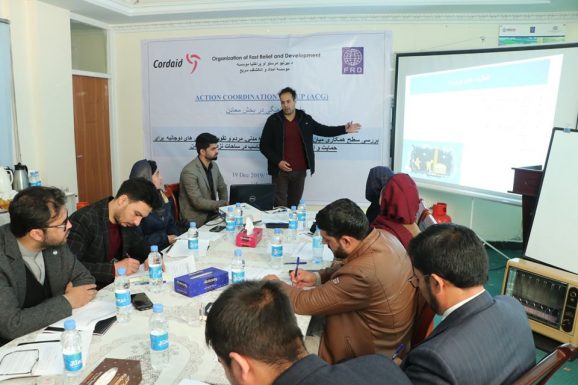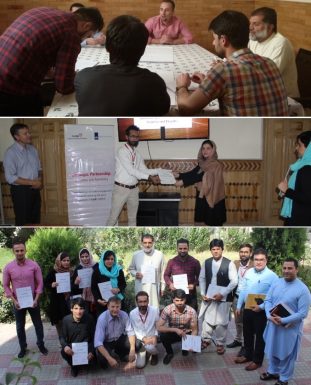The Community Based Monitoring (CBM) Meeting was successfully conducted in Kabul, which was conducted for one day on August 6, 2020 at the Organization of Fast Relief and Development (OFRD) hall, 10 participants both 4 males and 6 female took part in mentioned CBM, who were introduced by the Deputy Ministry of Youth Affairs (DMoYA), Ministry of Women Affairs (MoWA), CSOs and Community People.
The OFRD representative welcomed all participants. The agenda of The Community Based Monitoring (CBM) Meeting has been briefed to the participants of the training. The Community Based Monitoring (CBM) Meeting provided an opportunity to undertake, a thorough review of CBM and the topics which were covering the CBM meeting. And also helped to obtain participants inputs.
Illustrate the event with the recitation of some Quranic verses and following an introduction speech by OFRD representative. The OFRD representative presented a comprehensive and brief information regarding the mentioned program to the participants.
Likewise, having a counter discussion and the curiosity of the participants touched the challenges, solutions, clarifications, and ways to the engagement of people to increase people’s awareness and advocacy initiatives in mining and extractive sector. In the session, there was an open dialogue among the participants, the converse over among the participants made the discussion more remarkable and valuable. Participants have given better concepts and views on different rights of people and how much people know about their rights and their involvement in decision making process.
The training also included group work sessions, participants worked in groups discussing key recommendations on how to increase people’s awareness level, what advocacy initiatives need to strengthen, and what steps government and CSOs shall take to support each other in making things better.
